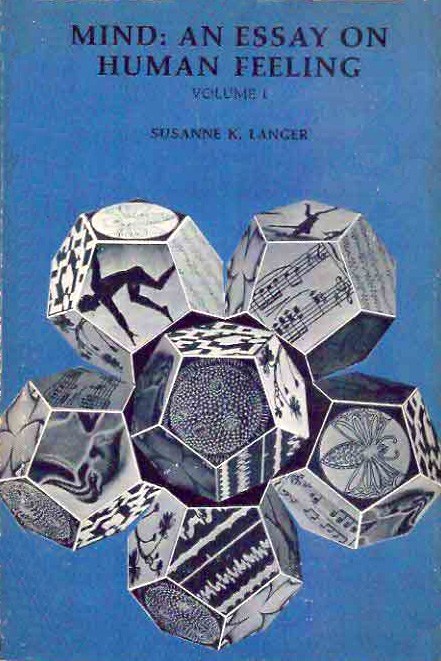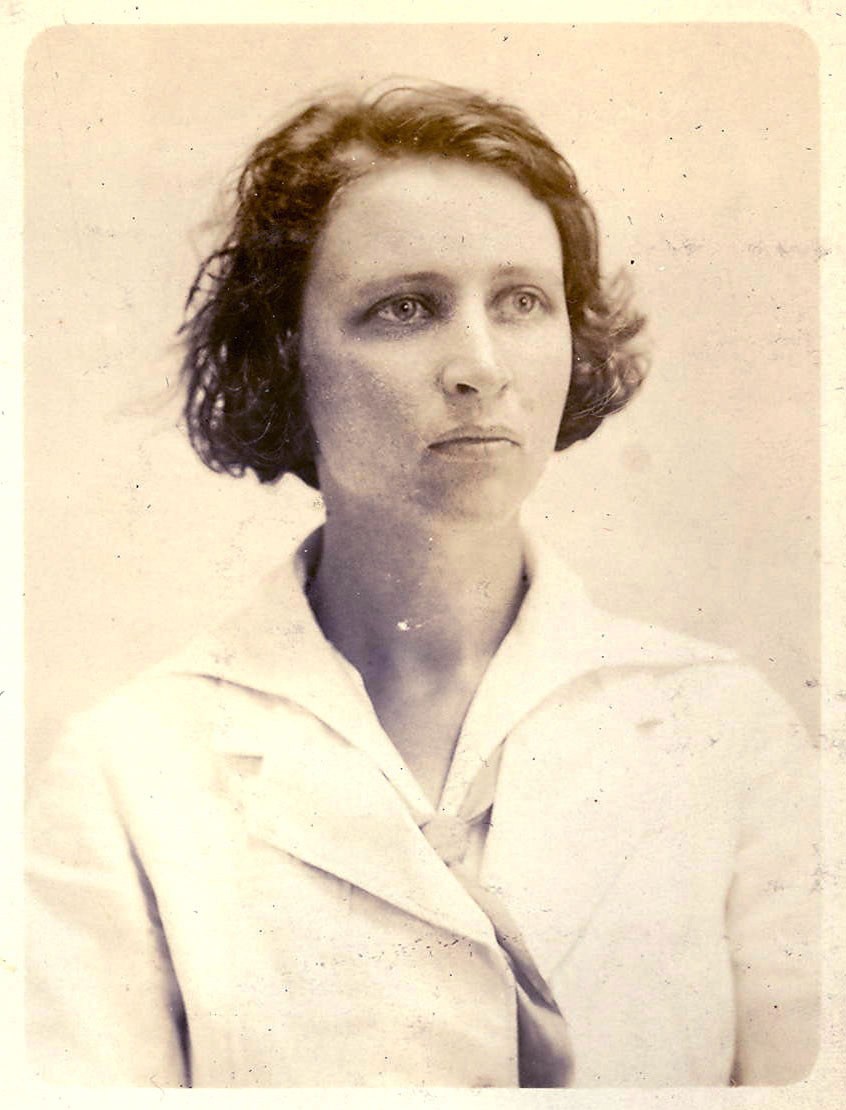
“Music is at once the most wonderful, the most alive of all the arts… and the most sensual,” Susan Sontag wrote in one of the most beautiful meditations on the power of music. Aldous Huxley, in his immensely poetic reflection on why music moves us so, recounted “some exquisite soft harmony apprehended by another sense” as he listened to Beethoven in the dark.
This sensorial splendor of music is what Helen Keller, deaf and blind, articulated in her exultation upon “hearing” Beethoven’s Ode to Joy with her hand.I thought about all of this recently — or perhaps it would be more accurate to say that I felt about it — as I listened, with my whole being, to a friend perform music that seemed to emanate from her whole being. I wondered what it is about music that we feel in our marrow, that invites us into some other dimension of time, magnetizing us to the present yet containing within itself all that ever was and ever will be — a place where the symbolic and the real, the abstract and the acutely alive, converge into something larger.
That peculiar property of music may have been what prompted Susanne Langer (December 20, 1895–July 17, 1985), one of the first professional women philosophers, to call music an “unconsummated symbol” in her trailblazing 1942 book Philosophy in a New Key: A Study in the Symbolism of Reason, Rite, and Art. Langer revisited the subject a quarter century later in her final work, Mind: An Essay on Human Feeling (public library), exploring what makes music different from all other forms of creative expression and how, paradoxically, understanding the source of its power illuminates the other arts.

Langer writes:
Music, like language, is an articulate form. Its parts not only fuse together to yield a greater entity, but in so doing they maintain some degree of separate existence, and the sensuous character of each element is affected by its function in the complex whole. This means that the greater entity we call a composition is not merely produced by mixture, like a new color made by mixing paints, but is articulated, i.e. its internal structure is given to our perception.
And yet music, Langer argues, is not quite a language, as it has frequently been called (although the two worked in tandem to help us evolve.) Unlike language, where words function as its primary forms of fixed meaning and association, music allows us to fill its forms with our own meaning. She considers this singular role of meaning in music:
Music has import, and this import is the pattern of sentience — the pattern of life itself, as it is felt and directly known.
Let us therefore call the significance of music its “vital import”…
The post A Laboratory for Feeling and Time: Pioneering Philosopher Susanne Langer on What Gives Music Its Power and How It Illuminates the Other Arts appeared first on FeedBox.